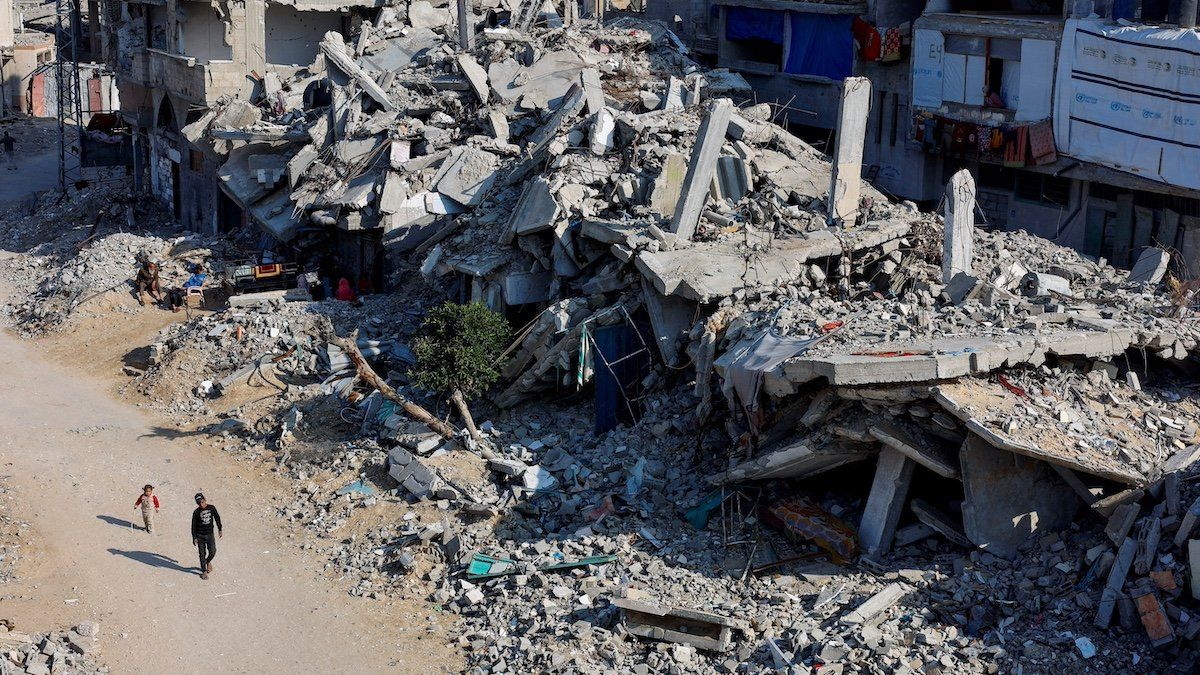The war in Gaza took center stage Tuesday atPresident-elect Donald Trump’s second press conference since his election in November. Trump repeated earlier statements he made in December – which were applauded by Israel – that “if those hostages aren’t back by the time I get into office, all hell will break out in the Middle East.” He didn’t elaborate.
WhileHamas and Israel have been in ceasefire discussions mediated by Qatar and Egypt, there has been little progress, with Hamas reiterating its demands to halt the war in exchange for any hostage deal.
Meanwhile, theUAE is spearheading discussions with the US and Israel to establish a provisional government for Gaza after the cessation of hostilities. One scenario would have the administration, security, and reconstruction of Gaza overseen by a group of nations including the UAE and the US, after Israel withdraws its forces and until a“reformed” Palestinian Authority is installed in the territory. It wouldalso include “an explicit commitment to the two-state solution” from Israel, and a “clear leadership role by the US.”
But officials involved said that the proposals were not fully fleshed out and had not been approved by any government. While the Palestinian Authority – helmed by Mahmoud Abbas for 20 years, as of this Thursday – has suggested an openness to reforms in years past, neither the PA nor Israel has issued a comment about the UAE’s proposal. Meanwhile, Israel’s parliament rejected the creation of an independent Palestinian state last July.
We’re watching whether Trump’s deadline spurs the parties to find a resolution – and what his vision of America’s post-war involvement would be.
